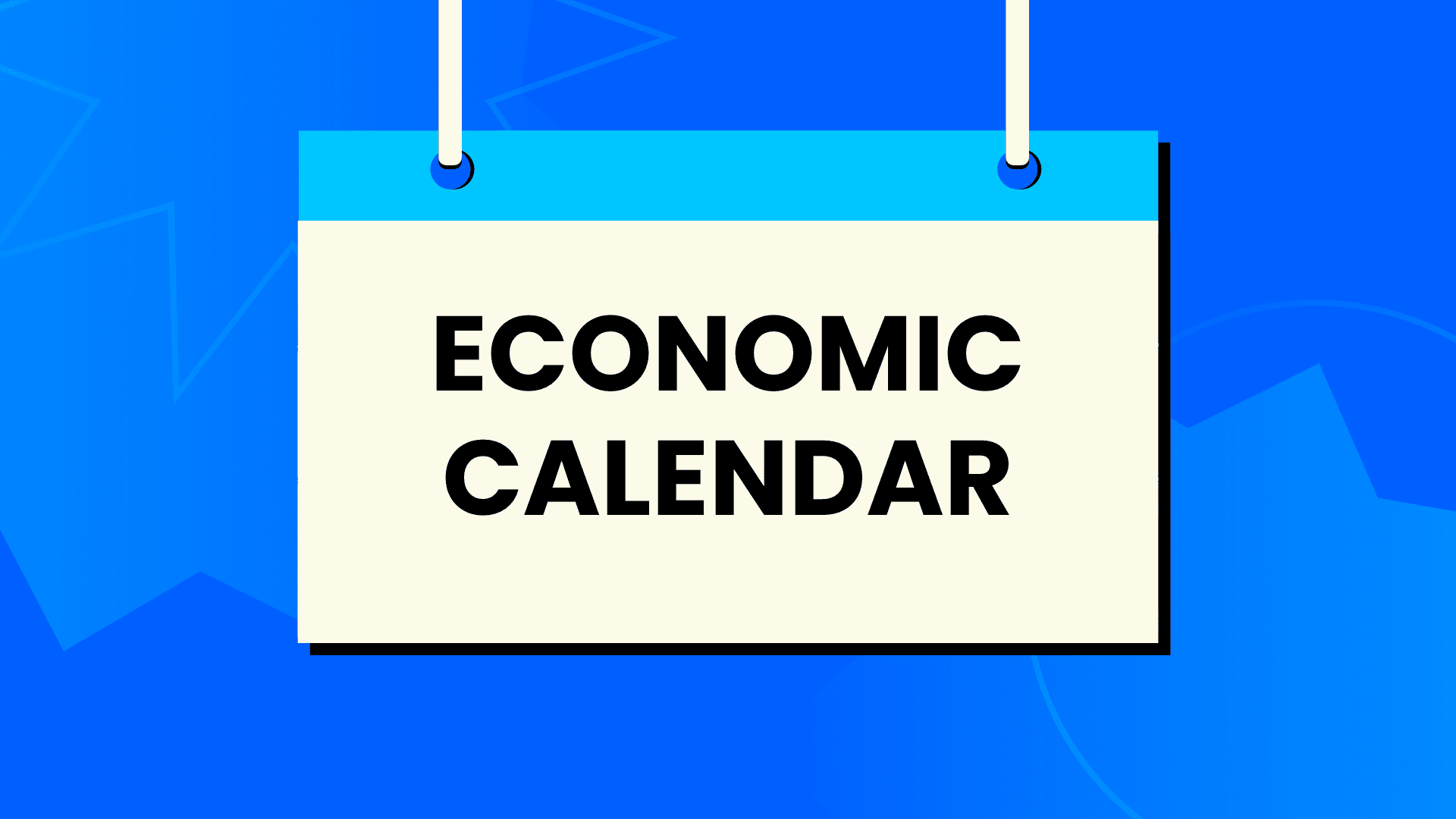- Forex Brokers
Best Brokers
- Guide
- Education
- Forex Software
- Tools
- News
- Forex Brokers
Best Brokers
- Guide
- Education
- Forex Software
- Tools
- News

Imagine you’re planning a road trip. You wouldn’t just pick a destination and hit the gas. You’d check the weather, traffic updates, and road closures to avoid detours and delays. Similarly, navigating the financial markets requires planning for potential roadblocks. This is where the economic calendar steps in, acting as your roadmap to market-moving events.
Story Highlights
An economic calendar is essentially a schedule of upcoming events that can significantly impact various financial instruments, like stocks, currencies, and commodities. It provides crucial details like:
Dates and Times: This allows you to plan your trades around key events, minimizing the risk of getting caught off guard by sudden market movements.
Event Details: The calendar outlines the specific economic data release, central bank announcement, or any other news that might influence asset prices. It also specifies which country or region the event pertains to, as different economies have unique market movers.
Importance Levels: Events are categorized by their potential impact – low, medium, or high – helping you prioritize which ones to focus on.
Data Predictions: The calendar often includes the previous data reading (the last release) and the forecasted value for the current release, based on analyst and expert predictions. This allows you to gauge potential market reactions.

The economic calendar is a valuable tool for traders and investors, offering several benefits:
Timely Information: Stay ahead of the curve by knowing when market-moving events are happening. This allows you to adjust your trading strategies and make informed decisions.
Risk Management: By anticipating major events, you can reduce the risk of unexpected losses caused by sudden market shifts.
Strategic Planning: Align your trading strategy with anticipated market movements, allowing you to capitalize on potential opportunities.
The economic calendar encompasses a wide range of events, but some hold more weight than others. Here are some of the most impactful ones:
Interest Rate Decisions: Central bank pronouncements regarding interest rates significantly affect currency and bond markets.
GDP Releases: These reports provide a snapshot of a country’s economic health, influencing investor sentiment across all asset classes.
Non-Farm Payrolls: This data is a crucial indicator of the US job market, impacting various markets globally.
Earnings Reports: For stock investors, these reports reveal a company’s financial performance, directly affecting its stock price.
Inflation Data: Reports like the Consumer Price Index (CPI) measure inflation, impacting currency values and purchasing power.
Knowing what the economic calendar is and how to interpret it is just the first step. Here’s how to leverage this tool effectively in your trading:
Plan Your Moves: Schedule your trades around significant events to minimize risk. Some traders might avoid trading major currency pairs during central bank announcements, while others might use them as volatile opportunities.
Track Market Expectations: Pay attention to the predicted values in the calendar. Deviations from these forecasts can trigger rapid price movements, offering potential trading opportunities.
Monitor the Actual Release: Once the data is released, observe how the market reacts. Favorable data can lead to bullish sentiment, while disappointing numbers can trigger a bearish response.
Align with Your Strategy: Integrate the economic calendar’s insights into your trading strategy. For instance, swing traders might avoid opening new positions before major events to minimize risk.
Diversify and Hedge: Use the calendar to inform diversification and hedging strategies. If you hold a portfolio of stocks, consider how different economic events might impact each one. Diversifying across assets with varying sensitivities to economic data can help mitigate risk.
Stay Informed and Adapt: The market is dynamic, and unforeseen events can occur. Regularly checking the economic calendar and being adaptable are crucial for successful trading.
By using the economic calendar effectively, you can transform it from a mere schedule into a powerful tool that empowers you to navigate the financial markets with greater confidence and make informed trading decisions.